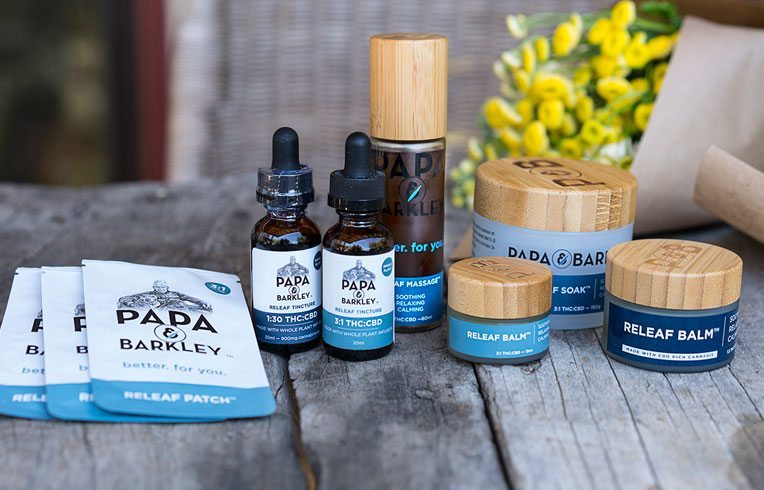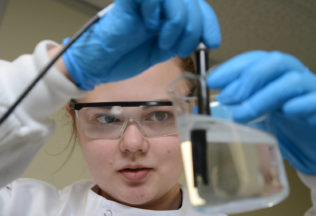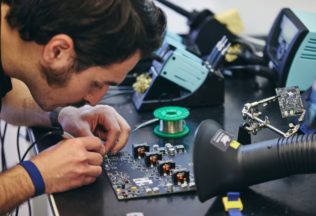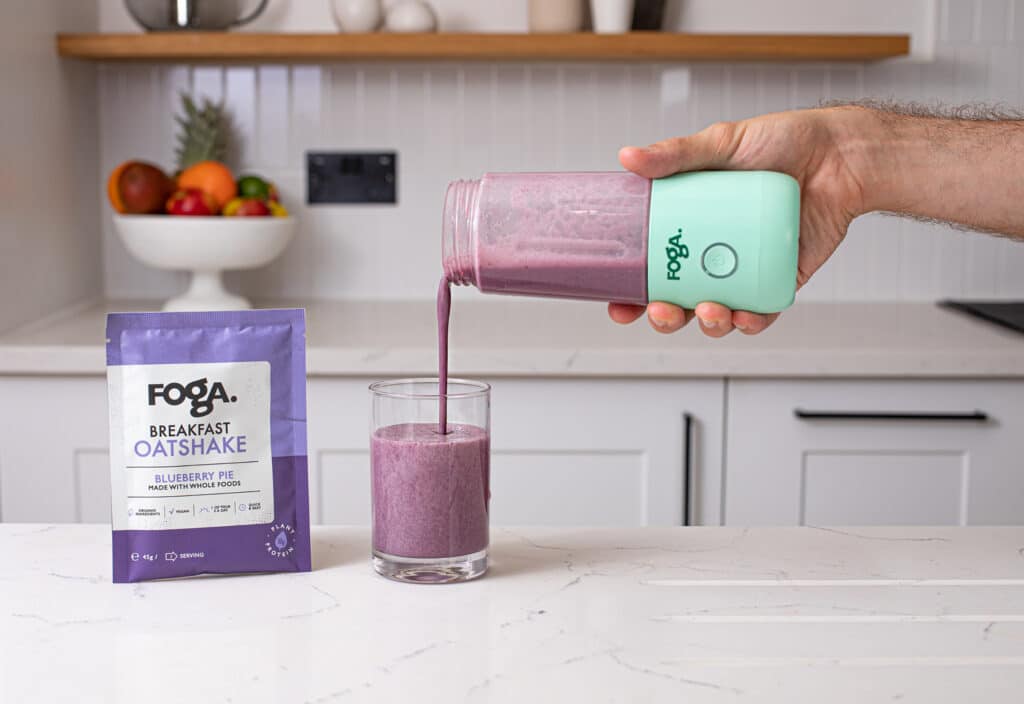Case Study: MRPeasy and Papa & Barkley
Cannabis Product Maker Papa & Barkley Improves Production, Compliance and Employee Relations with MRPeasy Software.

You can also listen to this article:
After outgrowing Google Sheets and recognizing that a CRM software package couldn’t fully fit its needs, Papa & Barkley, maker of cannabis-based holistic products, turned to MRPeasy to shorten its production cycles and ensure regulatory compliance.
California-based Papa & Barkley, which produces and distributes THC- and CBD-licensed medical products as well as fresh frozen and connoisseur products, was at risk of becoming a victim of its own success. The company had grown from a staff of four in 2017 to 30 employees in 2018; to its current level of 200 in 2019.
While business grew, the company strained to maintain efficient and effective operations, which is especially important in the government-regulated cannabis industry. COO Boris Shcharansky and supply chain system director John Schoenbeck realized that “nickels and dimes were being added to the length of production cycles,” and that increased business created a number of supply chain challenges.
Starting as a home-based business with four employees in 2017, Papa & Barkley operated on Google Sheets but transitioned a customer relationship management (CRM) system as it grew. The CRM system required a significant amount of customization, increasing complexity and cost, and ultimately wasn’t the solution. After a search, which included a review of 23 different solutions, MRPeasy was implemented in August 2018.
Since then, the new cloud-based ERP/MRP software has helped reduce Papa & Barkley’s production cycle from 3 months to 2 months, and the accuracy of inventory from 60-70% to 99%. The 99% accuracy level may surpass most companies’ requirements but is necessary in California, where 95% minimum accuracy level is needed per California cannabis regulations. Anything at 95% or below would require a justification report and reconciliation with the state.
While MRPeasy initial supported production at Papa & Barkley – which includes converting raw materials to finished goods, the system is now also used to procure a wide range of products, from cannabis to non-cannabis production materials, and office supplies.
MRPeasy is also essential to logistics at Papa & Barkley. This includes shipping, distribution, and fulfillment, which because of regulatory requirements, has an added layer of complexity that includes track-and-trace capabilities with rigorous compliance testing standards and quality control standards. Halfway through the production process, product samples are sent to the state for testing. Once approved, Papa & Barkley can finish production and ship batches to its southern California location for distribution to retail dispensaries.
“The cannabis industry is one of the most regulated marketplaces in the world, and California has instituted the most aggressive seed-to-sale, packaging and testing requirements than any other legal cannabis market in the world,” said Shcharansky. “We are required to track our production and distribution from seed-to-sale, which means real-time, accurate tracking of inventory on a daily basis is crucial to our continued success as we scale. MRPeasy allowed us to manage our incredible growth while also increasing data accuracy across the board.”
As inventory accuracy has improved, conflict between departments has been reduced at Papa & Barkley’s production center. “As in most production environments, one department depends on the other departments. Inaccurate inventory levels created delays and that in turn created tension among personnel, as people looked toward each other, instead of the system,” said Schoenbeck.
One of the reasons for the company’s success with the software is MRPeasy’s ease of use. The MRPeasy system runs the firm’s entire supply chain on just four basic commands, according to Schoenbeck. “It’s the first time all of the staff is using a system like this,” said Schoenbeck. “We started with 30 people on MRPeasy in the production department, and it’s grown to 90, including procurement and logistics.”



